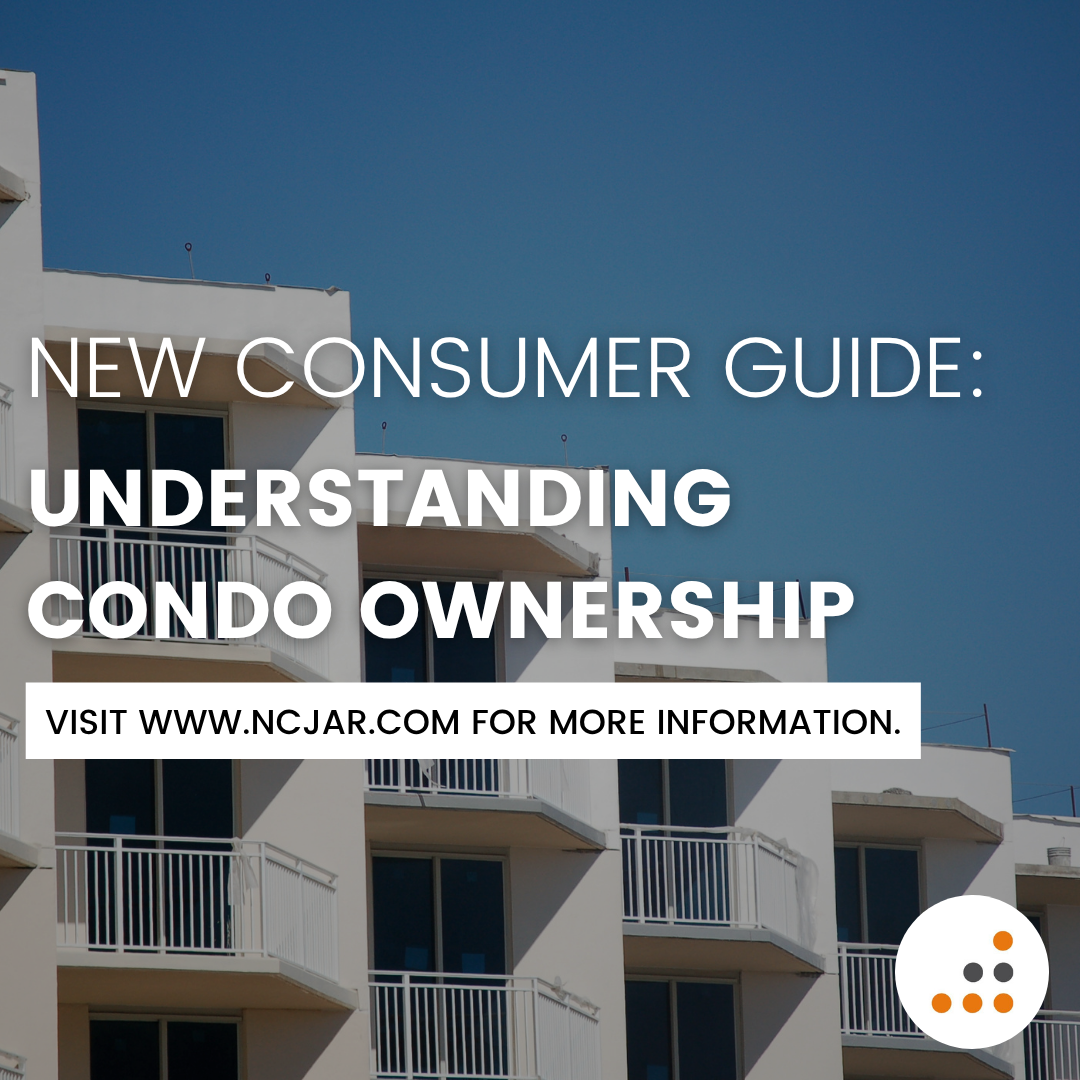 For many aspiring homebuyers, a condominium offers the perfect balance of affordability, convenience, and lifestyle. Condos are typically less expensive than single-family homes, require less maintenance, and are often located close to shops, restaurants, entertainment, and public transportation. If you’re considering purchasing a condo, here’s what you need to know to make a confident and informed decision.
For many aspiring homebuyers, a condominium offers the perfect balance of affordability, convenience, and lifestyle. Condos are typically less expensive than single-family homes, require less maintenance, and are often located close to shops, restaurants, entertainment, and public transportation. If you’re considering purchasing a condo, here’s what you need to know to make a confident and informed decision.
What Do You Actually Own in a Condo?
When you buy a condo, you’re purchasing an individual unit within a residential complex — along with a shared ownership interest in the building’s common areas, land, and amenities. Unlike a single-family home, where you own the structure and the land it sits on, a condo owner typically owns only the interior space of their unit and a percentage of the shared property.
Understanding Amenities and Assessments
Condominium communities often provide amenities that make life easier and more enjoyable — such as secure building access, fitness centers, pools, or community rooms. To maintain these shared spaces, owners pay a monthly assessment fee. This fee covers upkeep of the property and common areas, and sometimes even certain utilities.
Who Makes the Rules?
Condos are governed by a Condo Owners Association (COA) — sometimes called a Homeowners Association (HOA) — led by volunteer unit owners. The COA enforces community rules known as Covenants, Conditions & Restrictions (CC&Rs) and operates under a set of bylaws that outline how the property is managed. These rules help maintain the property’s appearance and value and cover topics like parking, pets, noise, renovations, and short-term rentals.
Your Responsibilities as a Condo Owner
As a condo owner, you agree to follow the COA’s rules and pay your monthly assessments on time. You may also be responsible for maintaining the interior of your unit and following proper procedures for making changes or improvements. Violations of COA policies can result in fines or other penalties, so it’s important to stay informed and involved.
What to Review Before Buying a Condo
Before signing on the dotted line, do your homework:
- Talk to your lender and insurance agent. Condo loans may have different requirements, and lenders will review the COA’s financial health and owner-occupancy rates.
- Request and review all governing documents. Ask for the CC&Rs, bylaws, and community rules to fully understand your obligations.
- Check the COA’s financials. A well-funded reserve account indicates responsible management and helps avoid surprise “special assessments” — extra fees charged to cover major repairs.
- Ask about upcoming or past assessments. Frequent assessments may signal management issues or building maintenance problems.
- Understand fines and procedures. Know how the COA handles rule violations and how owners can raise concerns or suggestions.
It’s always wise to work with an experienced real estate attorney who can review the documents and flag potential concerns before you commit.
After You Buy: Stay Involved
Once you’ve moved in, keep contact information for COA board members handy and attend meetings when possible. Staying engaged helps you stay informed about building maintenance, budgets, and upcoming votes — and ensures your voice is heard in community decisions.
Partner with a REALTOR®
Your real estate agent will guide you through every step of your condo purchase or sale. Only real estate professionals who are members of the National Association of REALTORS® (NAR) may use the term REALTOR®. REALTORS® adhere to a strict Code of Ethics, committing to act in their client’s best interests and treat all parties fairly.
For more information and homebuying resources, visit facts.realtor.